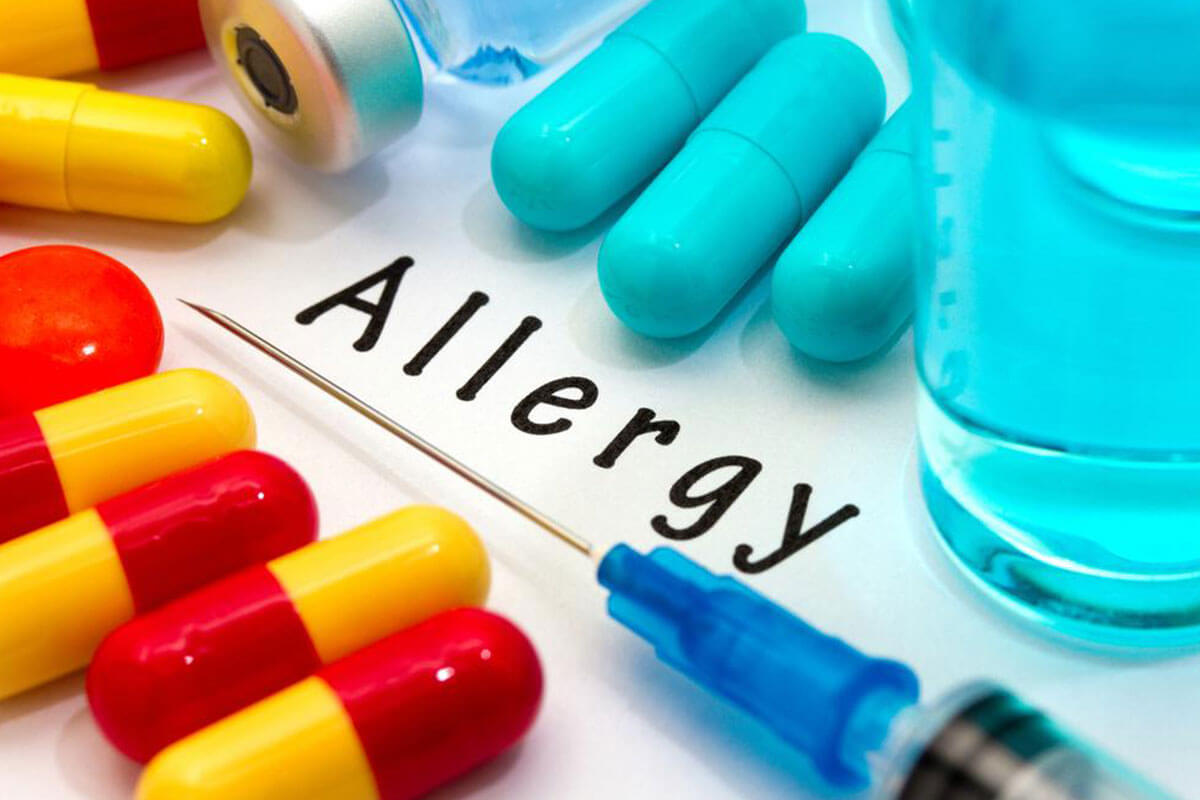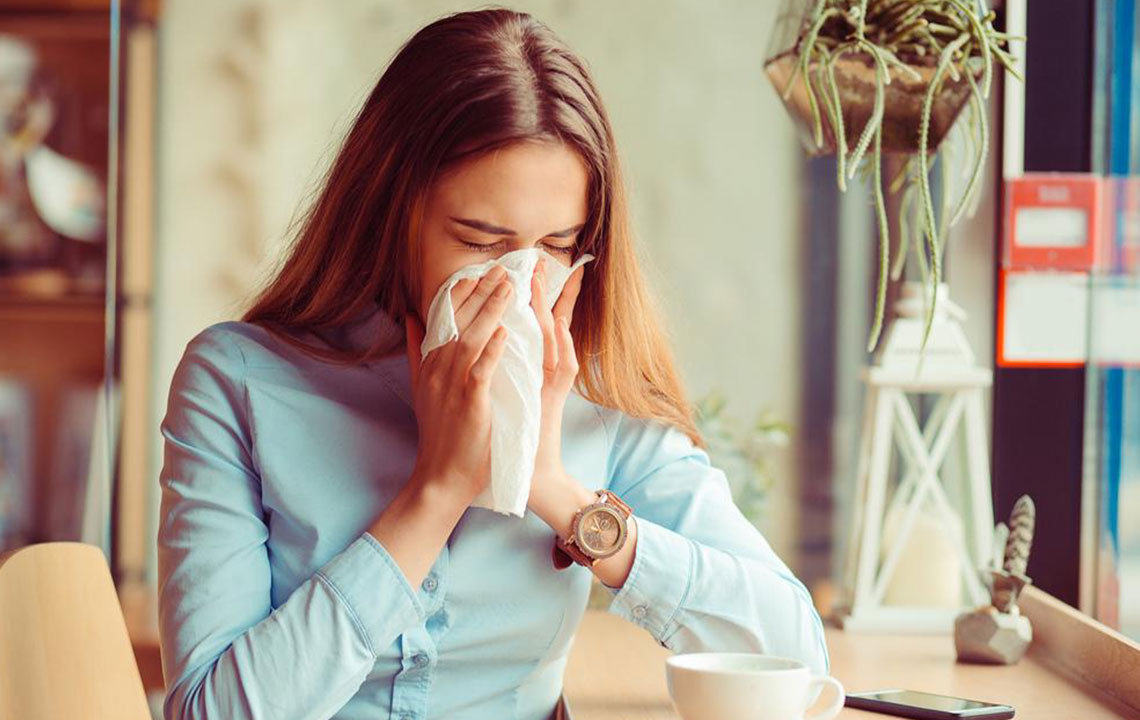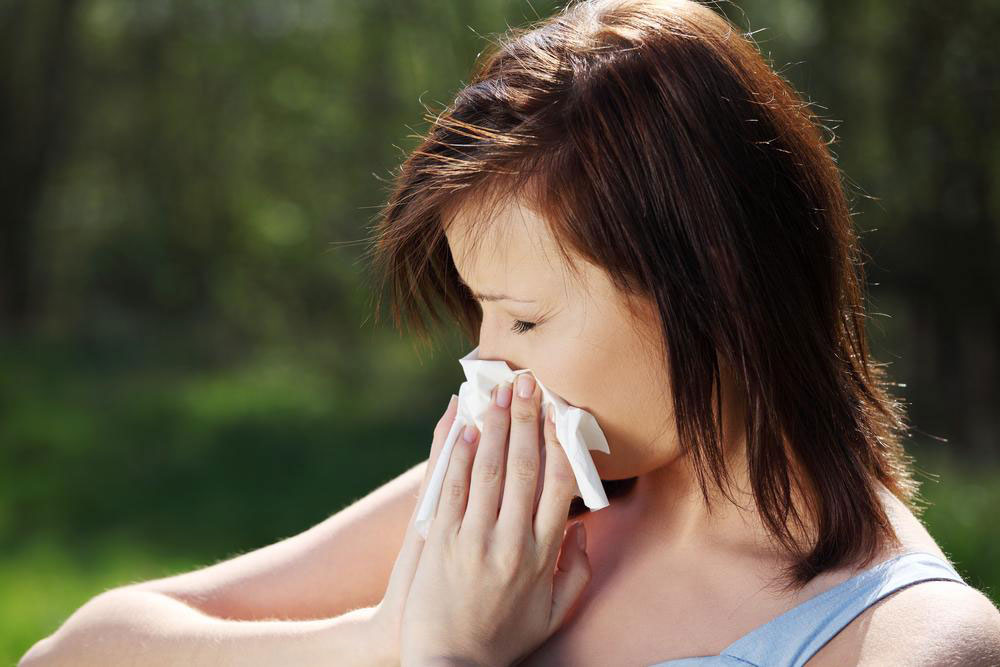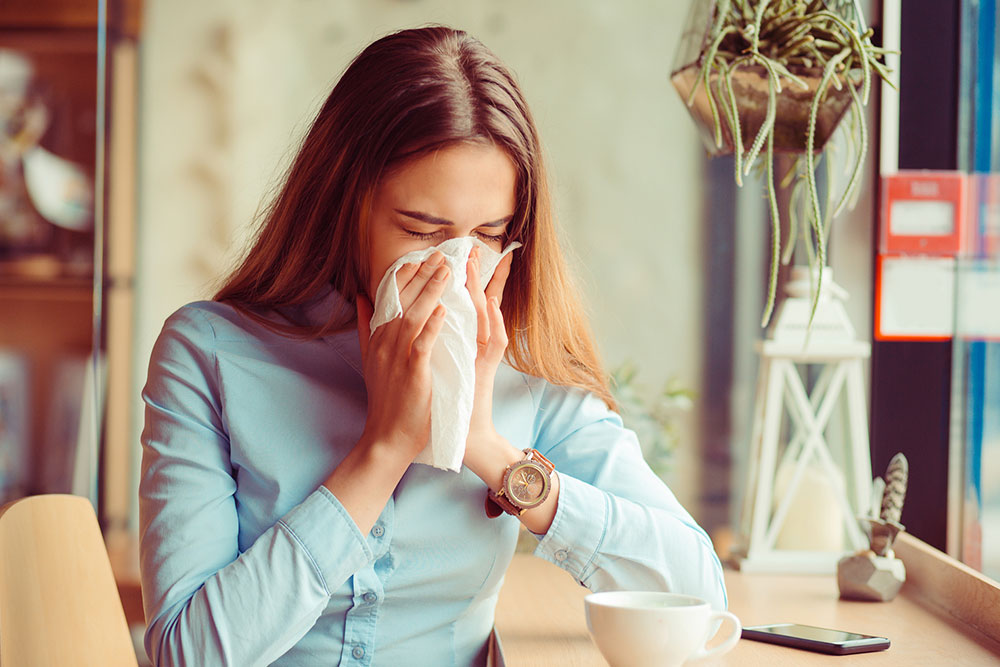Comprehensive Guide to the Top 5 Seasonal Allergy Treatments for Relief
This comprehensive guide explores the top 5 treatments for seasonal allergies, including nasal steroids, antihistamines, decongestants, cromolyn sodium, and immunotherapy. It offers expert advice for managing symptoms, avoiding triggers, and improving quality of life during high pollen seasons. Perfect for allergy sufferers seeking reliable relief options, this article emphasizes a combination of medication and lifestyle changes for effective symptom control and better well-being.

Comprehensive Guide to the Top 5 Seasonal Allergy Treatments for Relief
Seasonal allergies can significantly impact daily life, leading to symptoms like persistent sneezing, itchy eyes, runny noses, and congestion. Proper management with effective allergy treatments can help mitigate these uncomfortable symptoms, allowing individuals to enjoy their daily routines without disruption.
In the United States, approximately 20% of the population suffers from seasonal allergic rhinitis, commonly known as hay fever. This condition is triggered when outdoor allergens such as pollen from trees, grasses, and weeds provoke an immune response in sensitive individuals, resulting in a wide array of symptoms. The diagnosis is generally straightforward, as symptoms tend to occur during specific times of the year, corresponding to peak pollen seasons. Understanding these triggers and the best treatment options is vital for managing symptoms effectively and improving quality of life.
Common hay fever symptoms include skin rashes, watery or itchy eyes, chest tightness, digestion disturbances, sneezing, a runny nose, cough, and itching of the eyes, throat, and nose. Besides hay fever, there are other less common seasonal allergies triggered by different environmental factors. Identifying personal triggers and understanding how climate and weather conditions influence allergen levels are crucial first steps. Effective management often involves a combination of medications, lifestyle adjustments, and environmental controls. Below are the most recommended medications to help control seasonal allergy symptoms and improve comfort during allergy seasons.
Intranasal Corticosteroids
One of the most effective treatments for reducing inflammation within the nasal passages, intranasal corticosteroids help alleviate swelling and congestion caused by airborne allergens. They are particularly beneficial during the early stages of allergy outbreaks, helping to prevent symptoms from worsening. These nasal sprays target immune cells directly within the nasal cavity, providing rapid relief and decreasing the need for systemic medications. Regular use as prescribed can significantly improve quality of life for allergy sufferers.
Antihistamines
Antihistamines are a cornerstone in allergy management because they block histamine, the chemical responsible for many allergy symptoms such as sneezing, itching, and nasal discharge. Modern antihistamines are formulated to minimize drowsiness, allowing users to carry out daily activities without feeling sleepy. These medications come in various forms, including tablets, liquids, and nasal sprays, providing flexibility based on individual preferences and symptom severity.
Decongestants
Decongestants are designed to reduce nasal swelling and ease sinus pressure, making breathing easier during allergy flare-ups. Typically available over-the-counter in the form of nasal sprays like phenylephrine or oxymetazoline, they act quickly to shrink swollen tissues in the nasal passages. While effective for short-term relief, they should be used cautiously and not for extended periods, as overuse can lead to rebound congestion.
Cromolyn Sodium
This nasal spray works by preventing the release of histamine and other inflammatory mediators within the nasal tissues. It is particularly useful for individuals prone to frequent allergy attacks and for those with allergic asthma. Regular use can help reduce the severity of symptoms. However, it requires consistent application and should be used under medical supervision, since overuse or incorrect use might paradoxically worsen symptoms.
Immunotherapy (Allergy Shots)
For individuals with severe or persistent allergies that do not respond adequately to medications, immunotherapy offers a long-term solution. Through a series of allergy shots, the immune system is gradually desensitized to specific allergens. This process involves administering small amounts of allergens over months or years, which helps the body build tolerance and reduce allergic reactions over time. Immunotherapy can lead to significant improvements in quality of life and may decrease dependency on medications.
In addition to pharmacological treatments, managing seasonal allergies effectively involves avoiding known triggers by monitoring pollen forecasts, keeping windows closed during high pollen seasons, using air purifiers, and maintaining a clean living environment. Eating a balanced diet, staying hydrated, and supporting your immune health through lifestyle choices also play vital roles in allergy management. While seasonal allergies are often seen as minor inconveniences, they can significantly impair daily activities and overall wellbeing if left untreated. By recognizing personal triggers and choosing appropriate interventions, allergy sufferers can navigate allergy seasons with greater ease and comfort, maintaining an active and healthy lifestyle.





